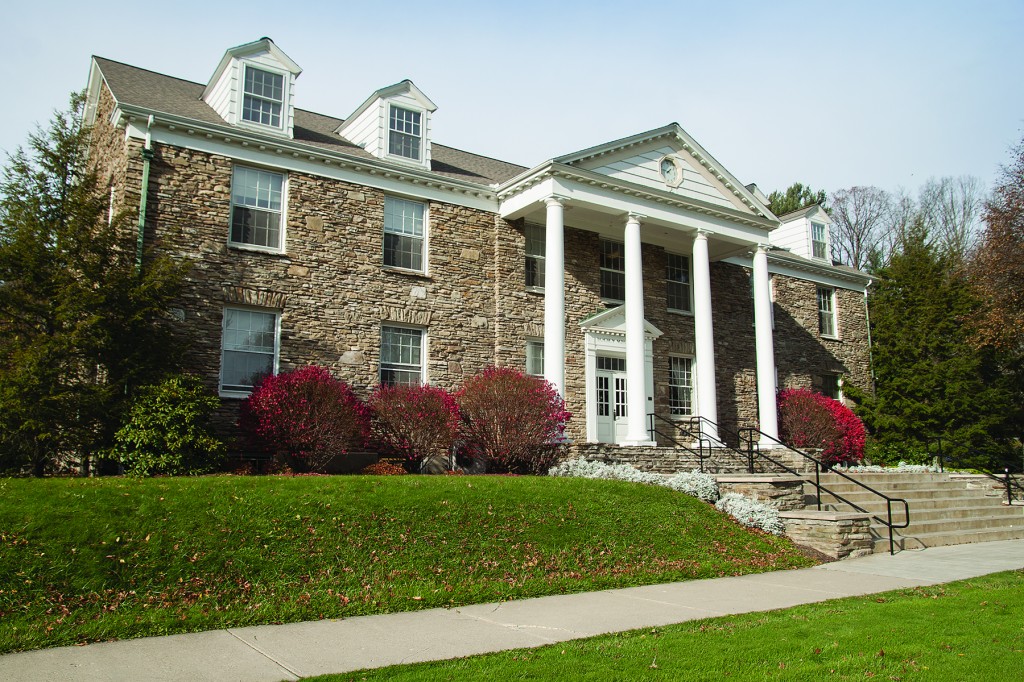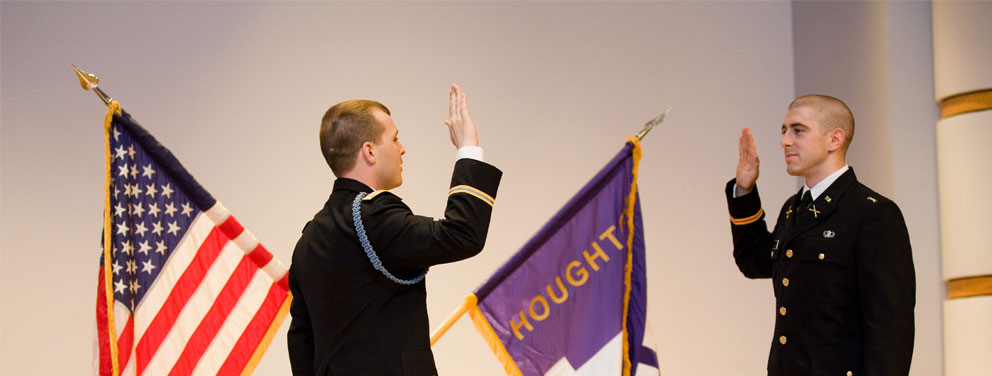Category: Stories In Focus
November 22, 2013
Stories In Focus
Behind the Scenes: Life as a Resident Director
Living in a dorm allows you to experience an instant bond among your floormates, your RA, and even your RD.…

November 22, 2013
Stories In Focus
Home for the Holidays? International Students and Breaks
A homecooked meal, relaxing with your family, and the simplicity of being home are things most of us take for…
November 22, 2013
Stories In Focus
The Howards: A Houghton Legacy of Love and Learning
It is fascinating to watch professors David and Irmgard Howard together, and it is difficult to explain why. If you…

November 15, 2013
Stories In Focus
Differing Perspectives on the Military Spark Discussions of Conviction and Support
Bowing his head over the chapel pulpit on Monday, November 11, Michael Jordan gave thanks for the sacrifices of those…
November 15, 2013
Stories In Focus
Catholic Students at Houghton
Though Houghton College professes Christian Wesleyan religious affiliation, many students enrolled at the school inevitably differ in denomination, tradition, or…
November 15, 2013
Stories In Focus
Album Review: The Head and the Heart, “Let’s Be Still”
Within all creative fields there often develops a certain amount of tension between an artist’s existing work and any new…
November 15, 2013
Stories In Focus
Visiting Artist: Tatiana Ginsberg, Master Papermaker
This Friday, November 13th, Houghton College will host an exhibition by Tatiana Ginsberg, a master artist in papermaking, printmaking, installation…
November 09, 2013
Stories In Focus
Recommended Reads: Robert M. Pirsig “Zen and the Art of Motorcycle Maintenance”
“Rather than love, than money, than fame, give me truth.” – Henry David Thoreau Nature speaks to us and we…
November 09, 2013
Stories In Focus
Franciscan Friars Welcomed with Open Arms
This week Houghton welcomed back the Franciscan Friars of the Renewal, a group of both friars and sisters that have…
November 09, 2013
Stories In Focus
Behind the Scenes: Sodexo Student Supervisor, Ed Taylor
Ask any student worker in the Houghton Cafeteria about Ed Taylor and you will probably hear words like ‘dedicated,’ ‘humble,’…
